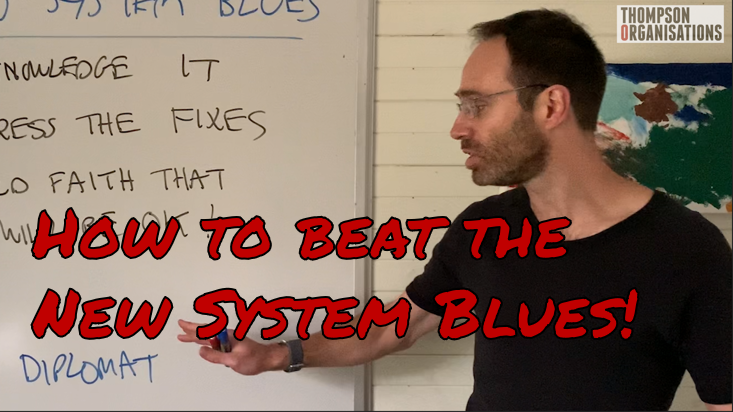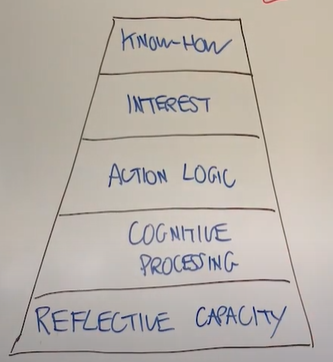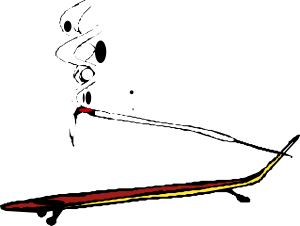Posted by Adam Thompson on the 15th December 2015
“We’re thinking about ditching performance appraisals” said Bill. He was the CEO, I was sitting down with him and Theo his GM of HR. “Or at least revamping the whole thing.”
“Run me through it” I prompted. “What are you seeing that makes you think they aren’t working?”
Theo answered; “Formal feedback and anecdotal evidence. We put out some simple questions, namely, to each employee; ‘I find the performance appraisal process to be useful to me in my work’, and to each manager ‘I find the performance appraisal process helps me to make my people more valuable’. Both with the usual 5-point system between ‘not at all’ and ‘absolutely’.”
“What did you get?”
Bill jumped in; “We struggled to get to 3….which meant ‘somewhat’. Mostly got 1s and 2s which means ‘not at all’ or ‘barely’ some value.”
“So as you can see…” Theo continued…”the system that my area leads isn’t too flash!”
“Maybe not” I answered. “But there’s a fair chance you’re looking at a symptom here, not a cause.”
“How can perform appraisals not working be a symptom?” asked Theo. “A symptom of what?”
“Ineffective organisational design.” Read more…






